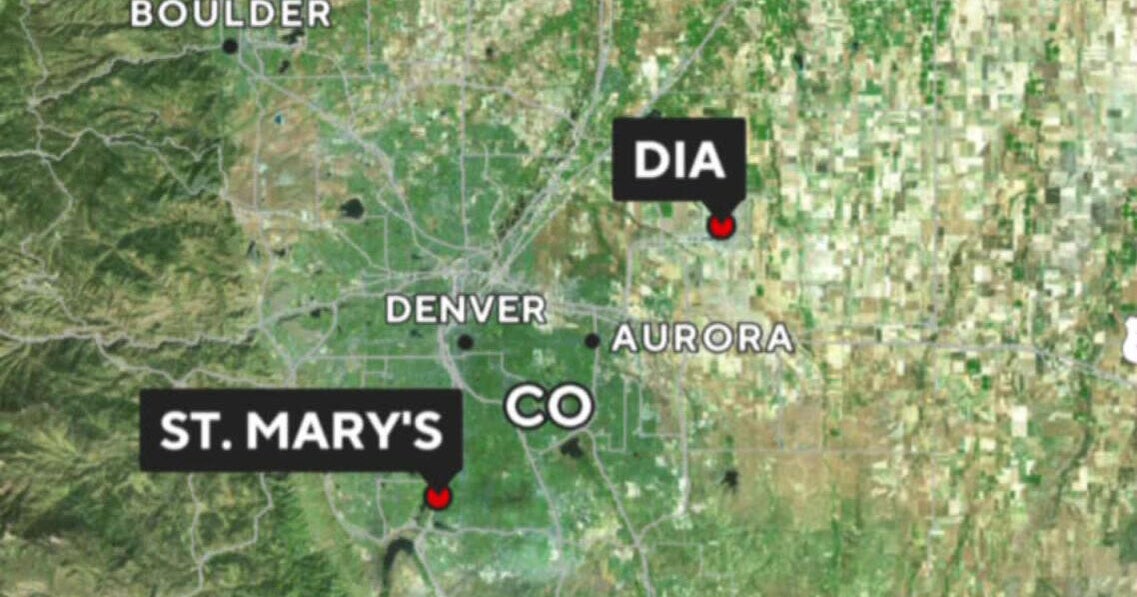Casino Licensing Money Will Pay For Medical Record Switch
BOSTON (AP) — Lloyd Fisher was facing a medical mystery pitting old records-keeping technology against new, with the health of a 9-year-old patient at stake.
When the Worcester pediatrician checked the boy's written medical record, it showed that he'd received the two vaccination shots needed to protect him from measles, mumps and rubella. But Fisher's new electronic medical alert system insisted the boy still needed another shot.
At first Fisher questioned the computer program, assuming he'd made a mistake. Then he realized that the first shot had been given to the boy before he'd turned 1 and likely hadn't delivered the needed health benefits.
"Without this alert, we would have never noticed this," Fisher said. "Because the alert showed up, we were able to contact his family, the patient came in, and now he is fully protected."
Fisher's story is one reason why Massachusetts lawmakers are planning to tap anticipated casino dollars to help speed the adoption of electronic medical records by doctors, hospitals and other health care providers.
A section of a casino bill approved by both the House and Senate divvies up how the state will spend the tens of millions of dollars it hopes to rake in from the licensing fees for the bill's three casinos and one slots parlor.
The largest slice of that pie, 23 percent of all licensing fees, would go to a fund designed in part to help the state switch to an electronic medical records-keeping system.
The bills establish licensing fees for $85 million for each of the three casinos and a $25 million fee for the single slot parlor.
Lawmakers say that, assuming all the licenses are awarded, the fund could conservatively collect more than $50 million.
The payment reform fund does not currently exist but is expected to be created through an upcoming bill.
The switch to electronic medical records has become a priority as Massachusetts seeks to slow rising costs that could threaten the state's landmark 2006 health care law.
That law, which became a blueprint for President Barack Obama's health care initiative, requires virtually everyone in the state have health insurance. It also created a subsidized health care program for lower-income residents.
The push for electronic medical records is about more than just using a laptop to keep track of lab notes, Health and Human Services Secretary Judyann Bigby said.
The goal is improve the way doctors, hospitals and other health providers communicate with each other on behalf of patients, she said. Part of that is to ensure access to a patient's medical records even when individuals are far from their homes and primary care doctors.
She said another benefit of shifting to electronic records is a reduction in paperwork, which will lead to additional savings.
"Behind every one of those charts ... there's another piece of paper at least, probably five or six or seven or eight," said Bigby, who is also a doctor. "We need to get rid of all that paper as well and make it easier for providers to do what they want to do which is to take care of their patients."
Bigby was speaking at a ceremony honoring more than 140 Massachusetts doctors who have already adopted computerized medical records to submit prescriptions, send and archive lab results and exchange information with others.
The physicians represent the first group in the state to meet federal standards for "meaningful use" of electronic records.
While Massachusetts is ahead of other states in shifting to electronic medical records, it still hasn't reached its goal of requiring all medical records be electronic by 2014, said Senate President Therese Murray.
"It's clear that in order for health care to evolve we have to continue to push the envelope and find ways to increase the use of technology," Murray said.
The adoption of new records-keeping technology in the health care system is far behind the use of similar technology in virtually every other kind of business, said Rep. Steven Walsh, D-Lynn, co-chairman of the Legislature's Committee on Health Care Financing.
Switching to an electronic records system would also give patients more access to their own records, he said.
"It is critical that they have the ability to own and access their (electronic medical records) anytime they want," he said.
While the House and Senate have approved separate versions of the casino bill, the section divvying up the licensing fees is included in both. Once a single compromise bill is drafted, both chambers must approve the legislation a final time before sending it to Gov. Deval Patrick, who favors the licensing of casinos.
While nearly a quarter of the casino licensing fees are going to the soon-to-be-created Healthcare Payment Reform Fund, the rest is split among a variety of funds including a transportation and infrastructure development fund, a local capital projects fund, a community college fund and manufacturing and tourism funds.
Few of those hold out the promise of directly saving lives, however.
Fisher told another story of a colleague who received a late-night call from emergency room doctors in a small hospital who wanted to admit a patient for congestive heart failure.
The colleague was able to log in from her home and check the patient's electronic medical records and discover she was scheduled to have surgery the following week for a malfunctioning heart valve — a fact the patient had neglected to mention in the emergency room.
Fisher said the patient was transferred to a larger hospital and her cardiologist and heart surgeon were tracked down and performed the surgery that night.
"She ultimately did quite well but without this information in the electronic health records she likely would have had a devastating outcome," Fisher said.
Copyright 2011 The Associated Press.






